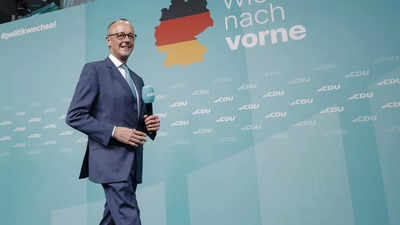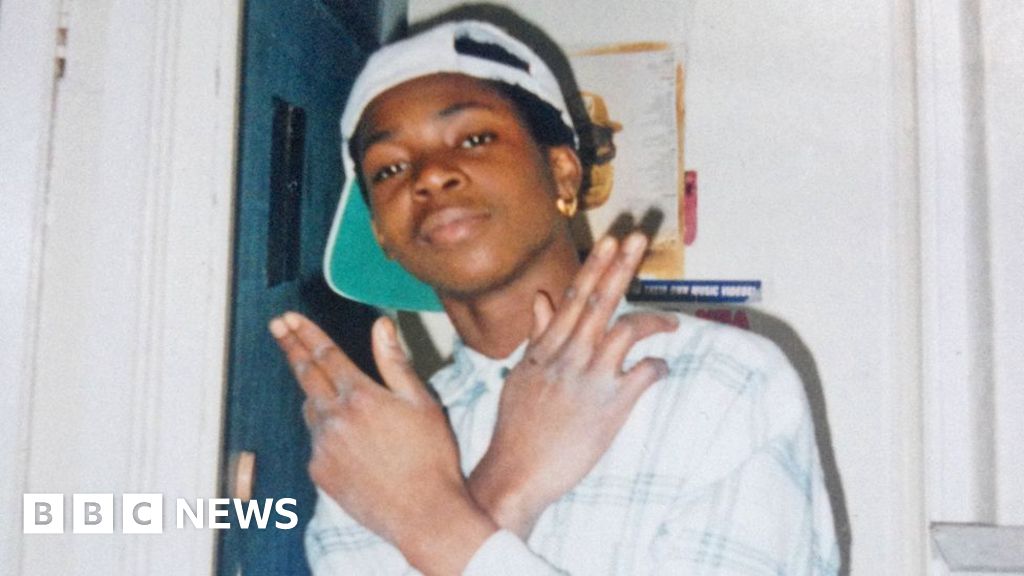
German lawmakers will gather in early May to elect Friedrich Merz as chancellor after his conservative bloc sealed a coalition agreement with the main centre-left party, the Bundestag said Monday. Both steps were expected to be a formality after Merz's conservative bloc, the CDU/CSU, and his future governing partners, the centre-left Social Democrats (SPD), settled on a coalition agreement last week.
BERLIN: German lawmakers will gather in early May to elect
Friedrich Merz
as chancellor after his conservative bloc sealed a
coalition agreement
with the main centre-left party, the Bundestag said Monday.
The president of the assembly, Julia Kloeckner was "preparing to convene the German Bundestag for the election of the federal chancellor... on Tuesday, May 6", the parliament said in a statement.
The date was "subject to the parties' approval of the coalition agreement" and Merz's nomination by the German federal president, the parliament said.
Both steps were expected to be a formality after Merz's conservative bloc, the CDU/CSU, and his future governing partners, the centre-left
Social Democrats
(SPD), settled on a coalition agreement last week.
Merz's confirmation as chancellor will mark the realisation of a long-held dream for the conservative leader, who suffered multiple setbacks on his way to the top of German politics.
The future chancellor quit politics in the early 2000s after losing a power struggle to former chancellor Angela Merkel, embarking on a lucrative career in the business world.
But with the sun slowly setting on Merkel's time in office, Merz launched his comeback in 2018. He lost an initial tilt at the CDU party chairmanship and was passed over as the CDU/CSU's candidate for chancellor in 2021 before getting his chance this year.
The conservatives topped the polls in national elections at the end of February with 28.5 percent of the vote -- a result that was nonetheless below expectations.
The modest score and the historically high share of the vote for the far-right Alternative for Germany (AfD) left Merz with the Social Democrats (SPD) of outgoing Chancellor Olaf Scholz as the only path to securing a majority.
The two parties needed just over six weeks to seal a deal that will mark a right-ward shift from the coalition led by Scholz, who will step back from frontline politics with Merz's election as chancellor.
The formation of a new government comes at a difficult moment for Germany, with the economy sputtering and its relationship with its key US ally rattled by President Donald Trump's return to office.
Trump's turbulent tariff policy and overtures to Russian President Vladimir Putin to end the war in Ukraine have thrown into doubt Germany's export-focused economic model and its historic reliance on US security guarantees.
Merz has wasted no time in addressing those issues. After the election but before the coalition was agreed, Merz forced through changes to Germany's strict debt brake to make way for a defence and infrastructure spending boost worth hundreds of billions of euros.

 1 day ago
5
1 day ago
5










 English (US) ·
English (US) ·